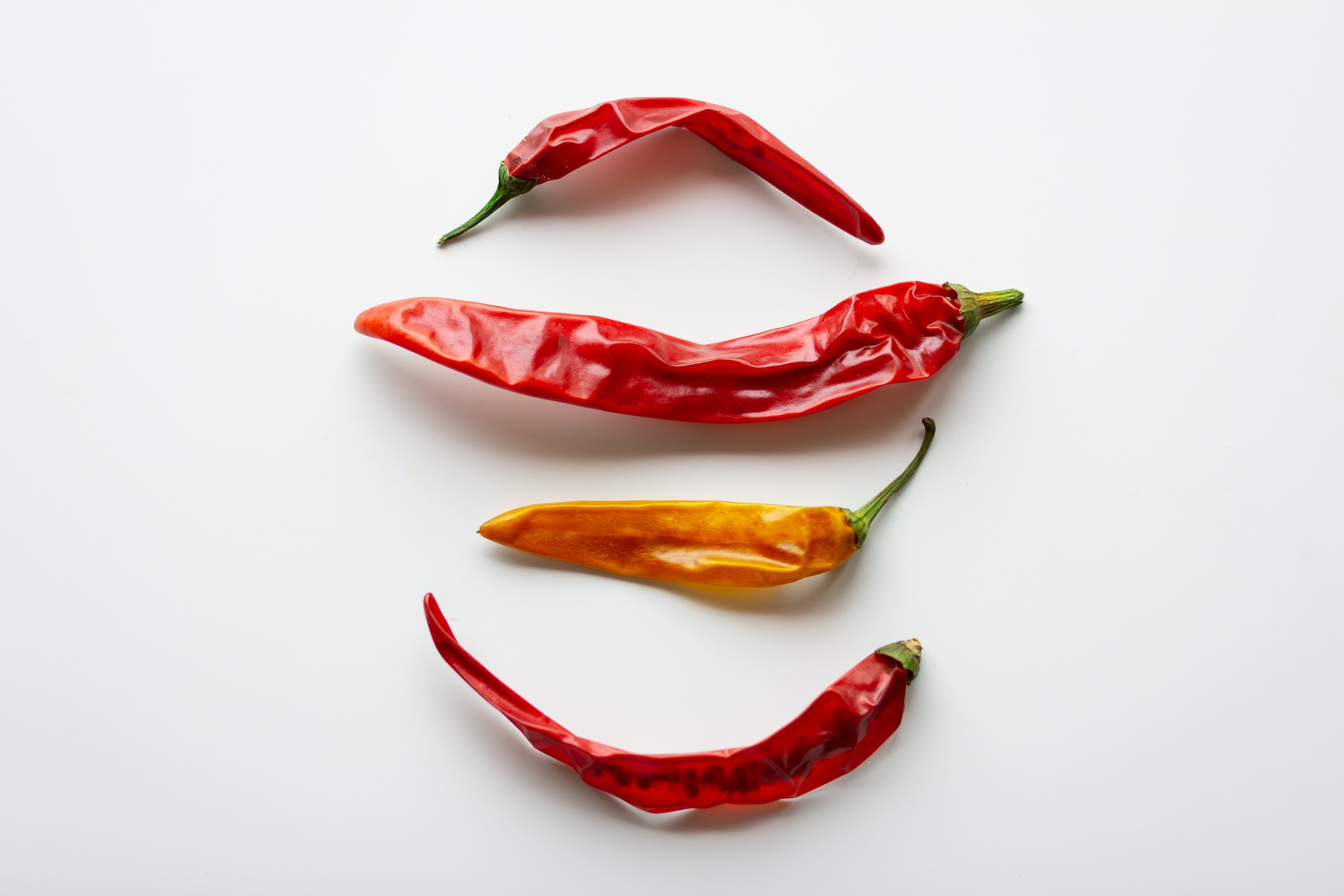Contents
Unveiling the Connection Between Spiciness and Stress Relief
Can Spicy Food Help Relieve Stress? In the fast-paced world we live in, stress has become a common companion for many of us. We’re constantly seeking ways to alleviate stress and improve our well-being. One such avenue that has sparked interest is the potential connection between consuming spicy foods and stress relief. Could it be that the fiery flavors we savor in our favorite dishes hold the key to a calmer state of mind?
The Science Behind Spiciness and Sensation
The Capsaicin Conundrum: Heat and Healing
Spicy foods owe their zesty kick to a compound called capsaicin, which is found in varying concentrations in chili peppers. When we consume capsaicin, it interacts with receptors in our mouths and triggers a sensation of heat. But did you know that capsaicin also has potential health benefits? Some studies suggest that capsaicin can stimulate the release of endorphins, the body’s natural painkillers and mood enhancers. These endorphins might play a role in reducing stress and promoting a sense of well-being.
Exploring the Culinary Comfort Zone
Embracing the Heat: Psychological Effects
Beyond the physiological reactions, there’s a psychological aspect to consuming spicy foods. Many individuals find a sense of excitement and adventure in the heat of spiciness. sk, kt, lgu+ 콘텐츠이용료 사용처 This willingness to step outside their culinary comfort zone can translate to a broader openness to new experiences in life. Such a positive outlook can contribute to stress reduction by fostering resilience and adaptability.
Mindful Consumption: The Ritual of Eating Spicy Foods
Taking a moment to savor a spicy meal can be an act of mindfulness. The intensity of spiciness demands attention, drawing us into the present moment. This mindful consumption can serve as a break from the worries and stressors of daily life. Engaging all our senses in the act of eating can create a tranquil escape, even if temporary, from the pressures that surround us.
Balancing Act: When Spice Might Not Be So Nice
Individual Variability: Tolerance and Reaction
While the potential stress-relieving benefits of spicy foods are intriguing, it’s important to acknowledge that individual responses can vary widely. Some people may have a higher tolerance for spiciness, while others might find it overwhelming. Consuming extremely spicy foods can lead to discomfort and exacerbate existing digestive issues, potentially increasing stress rather than alleviating it.
Digestive Discomfort: Finding the Sweet Spot
For some individuals, spicy foods can lead to digestive distress, such as heartburn or indigestion. These uncomfortable sensations can, in turn, contribute to stress and discomfort. It’s essential to strike a balance between enjoying the flavors of spiciness and ensuring that it doesn’t lead to negative physical reactions that offset any potential stress-relieving effects.
Conclusion: A Dash of Spice, A Pinch of Relief?
In the realm of stress relief, the potential connection between consuming spicy foods and alleviating tension is a topic that continues to intrigue researchers and food enthusiasts alike. While scientific evidence suggests that capsaicin may play a role in modulating stress-related factors, it’s important to approach this idea with mindfulness and moderation. Incorporating spicy foods into your diet can be an exciting culinary adventure, but it’s just one piece of the puzzle when it comes to managing stress effectively. Remember that individual responses vary, so pay attention to your body’s signals and prioritize overall well-being in your pursuit of a stress-free life.
So, the next time you’re contemplating whether to indulge in that fiery bowl of chili or opt for a milder dish, remember that a well-balanced approach to both your diet and stress management will serve you best. Embrace the heat, but don’t forget to savor the flavors of life in all their diverse and delightful forms.
